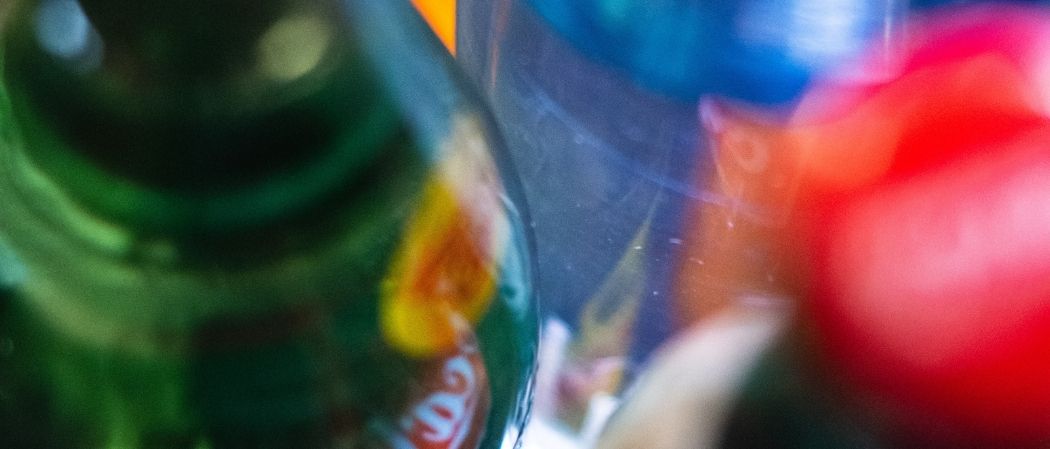Looking to boost your testosterone level? If so, what you eat can have a profound influence on the overall levels released into your bloodstream over time. Most people already know that testosterone is one of the primary male sex hormones (although females do have it in small amounts). What they may not know, however, are the many roles that testosterone plays in the body. Not only is testosterone responsible for the development of secondary sex characteristics (facial and body hair and a deepening voice), but it’s also responsible for keeping you fit, healthy, and feeling your best. Especially for men, testosterone is what makes them a man; testosterone is responsible for the development of muscular strength and size, giving that aggressive edge, keeping their libido levels and sexual function optimal, and it also helps keep the body leaner. Men who have chronically low levels of testosterone tend to typically experience a decline in lean muscle mass tissue while experiencing an incline in fat mass. This can then put them at risk for a number of conditions such as cardiovascular disease, diabetes, and stroke.
Women too need some testosterone in their bodies. While females will have just a fraction of the testosterone that men have, it’s still important for them to sustain proper muscular strength and development, to help increase energy levels, to assist with maintaining the body composition necessary for a healthy female body, and to help with both libido levels as well as bone strength.
It is normal for testosterone to decrease as one gets older, however, with proper lifestyle and nutrition choices, you can put your best foot forward to optimising your levels as best as possible.
Let’s look at seven foods that you’ll want to avoid if you hope to do just that. While there are some foods that can boost testosterone, there are many that will cause it to decrease. So looking at both ends of the equation is important for maximum success.
Flaxseeds
Let’s start with what you may be considering a healthy food to consume regularly. Flaxseeds are a form of healthy omega-3 fatty acids, rich in fiber, and contain some protein as well. All in all, this seems like a very good thing. But, if your goal is to raise testosterone levels (or prevent a decline), flaxseed consumption could be causing you problems. The reason that flaxseeds are on the hit-list for raising testosterone is because they are rich in lignans, which tend to mimic estrogen in the body. Since estrogen is the opposing sex hormone to testosterone, the more of it you have (particularly if you are a man), the more low testosterone-like symptoms you’ll have.
Females may not be as at-risk from having flaxseeds in their diet due to the fact they have far more estrogen to begin with, but men should be very aware of this connection. Instead, consider supplementing your diet with some fish oil to help get those important omega-3 fatty acids in instead. These will provide similar benefits without the change to your testosterone levels.
Licorice Candy
So, you like to buy yourself a pack of licorice when you go the movies to treat yourself. It’s time to think again about this choice. What will likely come as a surprise to most is that licorice can have a very powerful impact on natural testosterone levels. One study published in the New England Journal of Medicine noted that when researchers had test subjects consume the main component in licorice, Glycyrrhizic acid, there was a significant decrease in total testosterone levels after just seven grams of daily consumption for a period of four days. Considering it can be quite easy to eat an entire pack of licorice in just a single sitting, it won’t take much if you are a regular consumer of this candy to see effects taking place.
It’s important to keep in mind that extracts of licorice root can be used as flavoring agents in other foods as well as in some breath fresheners, so make sure that you are reading food labels to keep yourself informed. You could be taking in higher doses of licorice without realising it.
Soft Drinks
Next up on the hit list if you want to keep your testosterone levels high is soft drinks. The big problem with these is that they’re loaded with empty calories and sugar, which can promote fat accumulation. As you start to gain excess body fat, it will exert estrogenic effects, raising total estrogen levels while decreasing testosterone.
Soft drinks are one of the most concentrated sources of sugar consumption in North America, so if you are getting your daily dose, it’s something to reconsider as well. To this, you’ll also want to add any other high-sugar beverages such as energy drinks, flavored coffee beverages, fruit juice, as well as artificially flavored teas. Anything that contains a high amount of sugar, especially in the form of fructose (or high glucose-fructose corn syrup) will be putting you at risk for this problem.
Fast Food Burgers
That hamburger you ate in a rush two nights ago on your way home? It might have had an impact on your testosterone level as well. The problem with fast food is that not only will it once again increase your risk-factor for fat gain (which can lower testosterone levels), but the meat used in fast food will typically be lower quality meat, which has often been exposed to all sorts of growth hormones and antibiotics throughout its lifecycle.
You’ve likely already heard that eating organic free-range poultry and grass-fed beef is your best bet for optimal health and this is largely due to the fact these types of meats aren’t exposed to the harmful chemicals and hormones that regular meats are.
But, when you dig into that burger, even if it is a chicken burger and you’re trying to be ‘healthy’, you’re still taking in those unwanted hormones.
High Doses Of Dietary Fiber
The next one is another that may surprise you. Up until now, you likely thought that fiber was a very good thing. It helps lower cholesterol levels, it helps improve satiety after meals, and it helps balance blood glucose levels. All of which, are very good things. The problem though? Too much fiber can alter the metabolism of testosterone in men and decrease their levels, as was shown in a study published in the American Journal of Clinical Nutrition. This study had two groups of men either consume a low fat, high fiber diet or a higher fat, lower fiber diet, and noted that the low fat, high fiber group showed marked declines in testosterone levels.
Now, don’t take this to mean that you should ditch all fresh fruits, vegetables, and whole grains and load up on cheese, chips, and chicken wings to adopt a high fat, low sugar diet. You still need some dietary fiber in your plan and the foods that provide it are some of the most nutrient-dense you can eat, so it’s important to get them in. Just don’t go overboard. If you’re a man looking to keep testosterone levels higher, consider eating moderate amounts of fresh fruits and vegetables each day and then make sure that you are also pairing those with healthy sources of dietary fat. Keep fat to around 30-35% of your total daily calorie intake and you should not be suffering negative consequences associated with too much dietary fiber.
Soy
Finally, the last food to be aware of that you may want to start limiting in your diet is any food made with soy. Soy is a phytoestrogen which has been shown in numerous studies to have negative impacts on testosterone levels, such as one published in the Society for Endocrinology. Men who consume soy on a regular basis may start to notice some feminising effects of this food and if tested, will often show changes in their overall sex hormone profile. As there are many other places you can find high quality protein in your diet, there’s no need to consume soy if you are a male.
So, there you have a closer look at some of the main foods that you’ll want to avoid if you hope to increase your testosterone levels, or at least prevent a decline in showing up over time. Your diet will play a significant role in this hormone’s release, so be sure you aren’t overlooking it.
Looking to sharpen your knowledge of nutrition? Join our top-rated professional diploma in nutrition today!
















